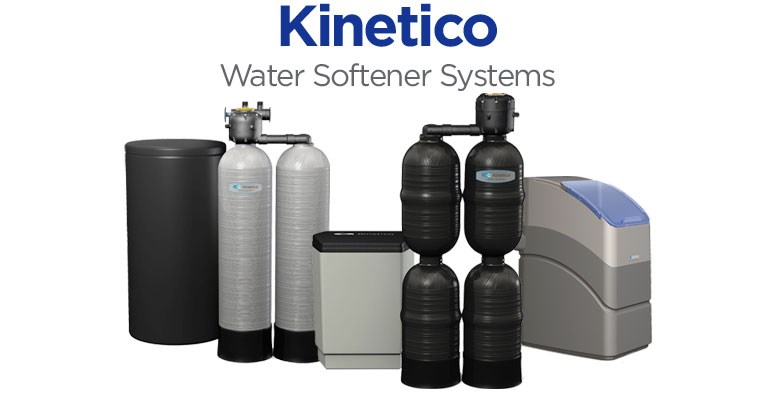Did You Know Hard Water Can Affect Your Appliances?
Appliances are expensive. Learn how to protect yours from hard water damage.
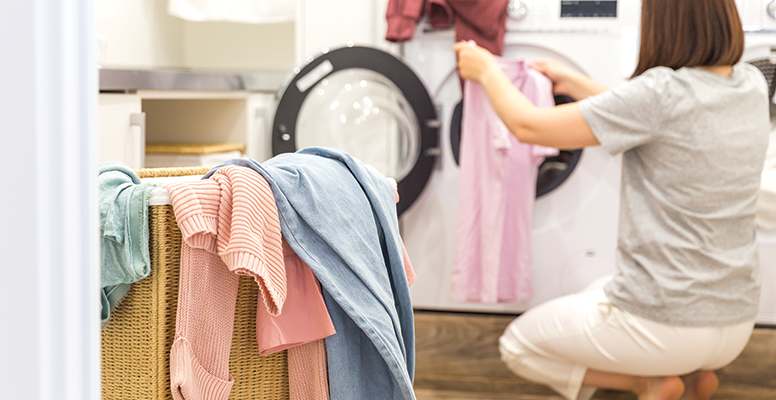
Household appliances are expensive investments, and protecting them is a priority for every homeowner. Unfortunately, if your home has hard water, the water-using appliances you rely on every day are at risk of mineral buildup, reduced efficiency, and even early failure. Detergents and cleaning products may help temporarily reduce the effects of hard water, but they cannot prevent the long-term damage it causes. The most effective solution is soft water, which not only prevents mineral buildup but also extends the lifespan of your appliances. In fact, many appliance manufacturers recommend the use of soft water for peak performance, and some even warn that using hard water may void the warranty.
Which Appliances Are Affected by Hard Water?
Any appliance that uses water is vulnerable to damage from hardness minerals like calcium and magnesium. The most common and costly examples include:
- Washing Machines: Hard water can leave clothes looking dull, stiff, or dingy while forcing the machine to work harder, shortening its lifespan.
- Dishwashers: Scale buildup can clog spray arms, leave spots and film on glassware, and cause mechanical parts to wear out prematurely.
- Water Heaters: Hard water forces heating elements to work overtime, reducing efficiency, raising energy costs, and shortening the life of the tank.
Other appliances, such as coffee makers, ice machines, and humidifiers, can also suffer from scaling and mineral deposits.
Curious To See If The Water
In Your Home Is Hard?
Contact A Kinetico Water Expert Today
Fill out your information below and we’ll have one of our authorized, independent Kinetico dealers contact you to schedule your free in-home water test.
Hard Water & Washing Machines
Many complaints about washing machines producing poor results can be traced to hard water. Hardness minerals interfere with the cleaning action of soaps and detergents. As a result, people use more laundry detergent to counteract hard water, and even then, the desired result is not the outcome. Hardness minerals also react with detergents, resulting in a chalky-white substance that makes fabrics stiff and rough. This can also cause colors to fade.
Scale can also build up in washing machines reducing performance and efficiency. As hard water minerals build up on the pump and other moving parts, the appliance will begin to fail.
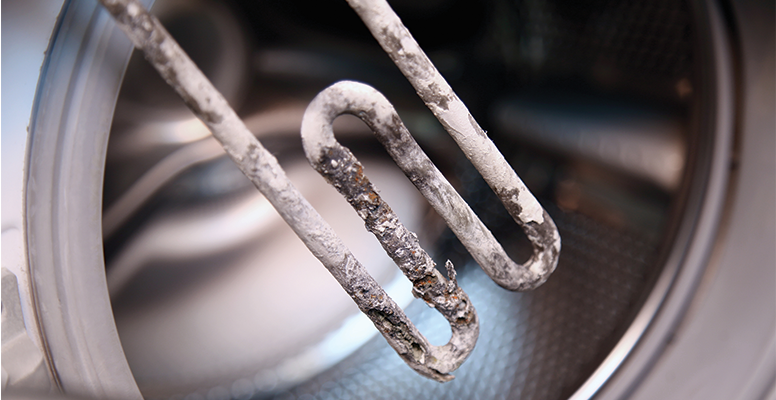
Hard Water & Dishwashers
Hard water is one of the major reasons tableware doesn’t come clean in a dishwasher. Dishwasher detergents cannot achieve desired outcomes when used with hard water. Spotting, staining and often just poor cleansing action can be attributed to the chemical reaction of minerals found in untreated hard water. When this happens, water droplets that dry on glassware can leave hard water stains and can permanently etch the glass. Eventually, all glassware will have a dull, cloudy appearance that cannot be fixed. Some people use rinse aids to reduce the spotting on their glasses and utensils but using soft water and low drying temperatures can eliminate this problem.
In addition, hard water will slowly reduce the effectiveness of the components in your dishwasher which can lead to the early replacement of an expensive appliance.
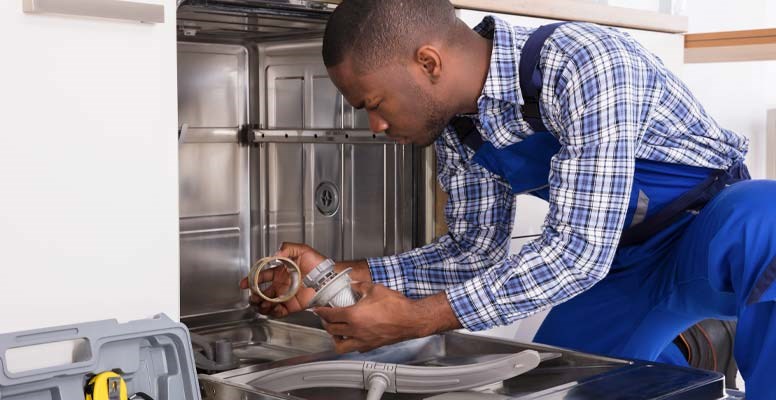
Hard Water & Water Heaters
Whether you have a gas or electric water heater, hard water will cause your unit to use significantly more energy than soft water. The calcium and magnesium found in hard water form a rock-like scale when heated. The scale forms primarily in the bottom of the tank, or where the heating element is located. When coated, the heating element must heat through the rock-like buildup before it can heat the water. This uses more energy, reduces efficiency and can eventually cause appliance failure, leaving you with cold water.
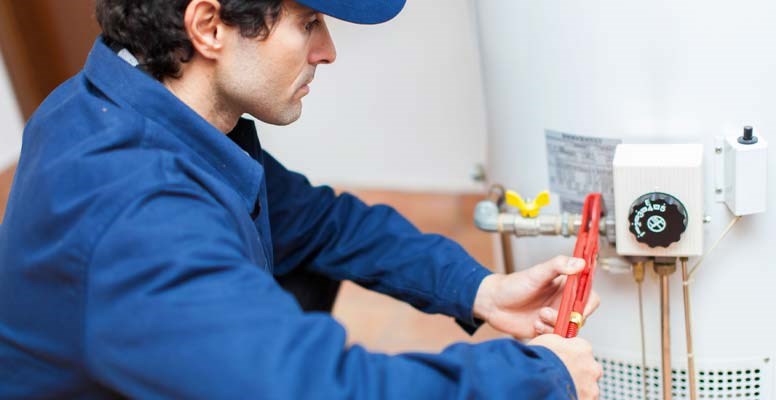
Contact An Authorized Kinetico Dealer To Schedule A Free Water Test
Appliance manufacturers suggest the use of soft water for optimal performance. Some manufacturers will void your appliance’s warranty if you use hard water.
The Solution to Protect Your Appliances
Install a water softener in your home. When you install a water softener, you will transform hard water into soft water and increase your appliance life, lower repair bills and decrease your energy consumption. You can reduce detergent use by up to two-thirds, saving you money on cleaning solutions. Clothes will look and feel better without minerals and detergent left in the fabric, and they’ll last longer too.
